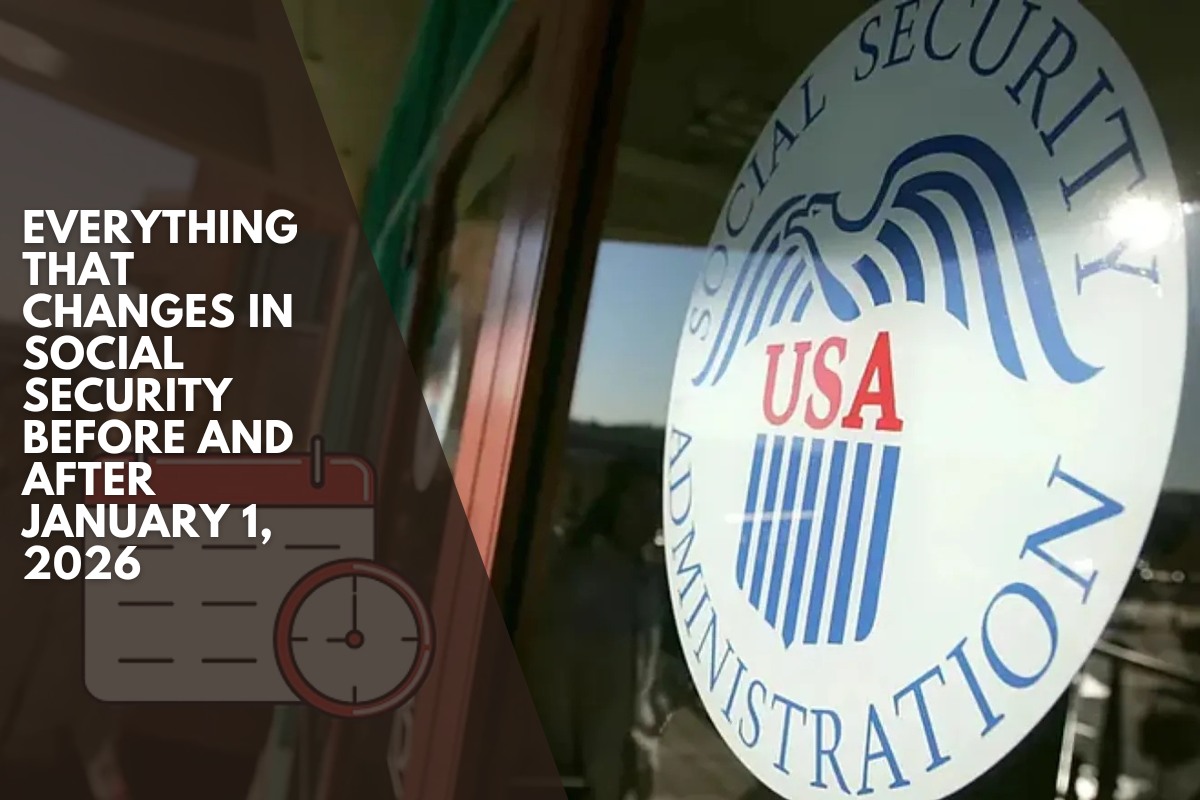Social Security was established 90 years ago to help seniors stay out of poverty. Even after all these years, many seniors continue to rely on these benefits as a critical source of income in retirement.
Unfortunately, many retirees have become so reliant on these benefits that any reduction would be financially disastrous. That is a major issue because the Social Security payout program is in great threat of being slashed in the coming years due to the program’s trust fund problems.
Here’s what retirees had to say about how Social Security cuts could affect their finances
Recently, a Nationwide Financial survey addressed the possibility of Social Security income changes. According to the survey, more than half of persons in the United States who expect to receive Social Security benefits said they couldn’t afford to miss even half of a monthly payment. In fact:
14% strongly agreed they wouldn’t be able to survive a missed payment
30% somewhat agreed
74% of survey respondents also made it clear that they were worried about Social Security benefits running out at some point during the course of their lifetimes, and 83% expressed concern about the long-term viability of the program.
Social Security benefit cuts could be coming
Given that Social Security is under threat of automatic benefit cutbacks, the fact that so many people are unable to sustain even a minor fall in payments for a month is a major issue.
The program’s trust fund is now expected to run empty in 2034, resulting in an automatic 19% cut of benefits. That’s because after the trust fund was emptied, Social Security would only be able to pay benefits using money from current workers.
With the average monthly Social Security income of roughly $2,006 as of July 2025, a 19% cut may result in seniors losing around $4,573.68 per year — an amount that many retirees cannot afford to forego.
Retirees are over-relying on Social Security
Obviously, reducing payments would be undesirable and would violate the commitments given to retirees who have worked and paid into the system.
The reality, however, is that cuts would disproportionately affect seniors because many of them rely too heavily on Social Security and have insufficient savings and investments. Retirement benefits are only intended to replace approximately 40% of income, with the remainder coming from retirement plans.
If seniors saved enough in a 401(k), they might cover any gaps caused by a reduction in Social Security income. Unfortunately, many Americans fall short in their 401(k) and IRA savings, and they don’t supplement their Social Security as much as they should.
Furthermore, many seniors lack emergency reserves, making them extremely vulnerable to any change in income. In recent years, inflation has not helped people on fixed incomes, leaving many retirees already struggling. That explains why so many people felt missing a portion of a check would be catastrophic.
Seniors should strive to save more for a rainy day now if possible, in case benefit cuts occur. Those who are now working and planning for retirement should seek to save more for their later years in preparation of possible future Social Security cuts.
The $23,760 Social Security bonus most retirees completely overlook
If you’re like most Americans, you’re a few years (or more) behind in your retirement savings. However, a few little-known “Social Security secrets” could significantly enhance your retirement income.
One simple method might increase your annual income by up to $23,760! We believe that once you understand how to optimize your Social Security benefits, you will be able to retire with confidence and the peace of mind that we all seek. Join Stock Advisor to find out more about these techniques.












